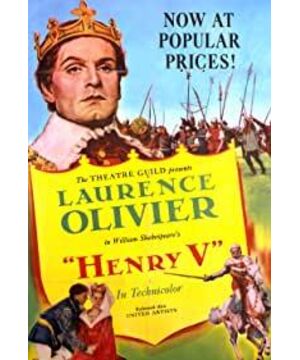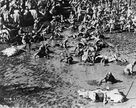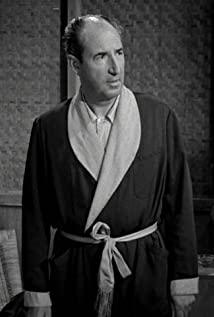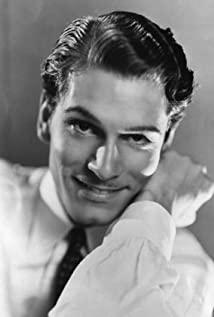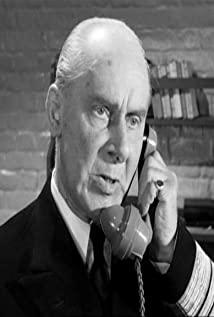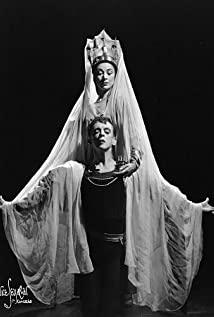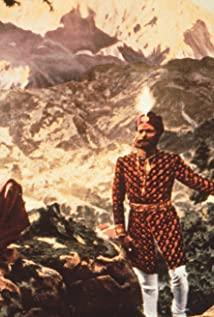The stage of the Elizabeth Theater does not use stage scenery. Shakespeare was aware of the difficulty of expressing large-scale wars and scene switching on an extended stage, so he used the speaker to explain the story to the audience and encourage them to use their own imagination. At the opening, the speaker called "the radiant muse" and King Henry "has the spirit of a god of war." And said, "Such a "cockfighting ring" can accommodate thousands of miles of France? Or is there so many soldiers in our round wooden frame? Therefore, I hope that the audience can overcome the limitations of the stage through imagination, "to stimulate your huge imagination."
The script began when Henry set out to prepare the fleet for war with France, including the real incident in which the Earl of Cambridge and two other people conspired to assassinate Henry in Southampton. Henry's witty exposing of the conspiracy and cruel treatment of the assassin indicates that he has been different from the image shown in the previous script.
When the speaker reappeared, he told the audience the country’s efforts for the war, "They sold cattle and sheep to buy horses," and told the audience, "As long as we can do this, we will never let any of the spectators react. Up the stomach."
Like all serious scripts by Shakespeare, it also depicts some small comedic characters in contrast to the main characters, sometimes judging the main characters from the side. In this script, they are ordinary soldiers of Henry's army, including Pistol, Nym and Bardolph in "Henry IV". The army also included representatives of various parts of the British Isles: a Scot, an Irish, an Englishman, and Frueline (a funny old Welsh soldier whose name is a typical Welsh name" The homonym of "Llywelyn". The script also simply refers to the death of Falstaff, who was a friend of Henry V in "Henry IV".
Then, the speaker once again appeared on the stage, seeking the audience’s imagination of the English navy, "Ah! Just imagine, you are standing on the coast and looking at the turbulent waves," he said, "Suppose, the ambassador has been from France Come back, report to Harry that the King of France is willing to marry Princess Catherine to him, but the princess's dowry is just a few insignificant principalities."
During the siege of Affrell, Henry delivered one of his most famous speeches: "My friends, keep up the good work and rush to the gap..."[2]
Before the battle of Agincourt, the victory did not seem clear, and Henry V was trapped in the most embarrassing quagmire. The heroic temperament of the young king was manifested when he decided to patrol the English camp at night. He dressed up to comfort her soldiers and find out their true opinion of him. When the war began, Henry gave his famous speech to inspire his troops: "From today until the end of the world, we will never pass by casually, and we who act on this holiday will never be forgotten. We, It's a few people, a lucky few people, we are a team of brothers-because today he bleeds with me, he is my good brother." [3]
After the Battle of Agincourt, Henry tried to woo French Princess Catherine. Finally, the French king agreed to Henry as the heir to the French monarch. Queen Isabel said: "I hope the British are like the French, and the French are like the British. You respect me and love!"
Before the curtain fell, the speaker appeared on the stage again, saying sadly, "I can only sigh that the state is in the hands of many people. In the end, I lost France and caused England to bleed", implying that the next period was the reign of Henry VI. Shakespeare put it on stage before.
There are two movies based on Shakespeare’s scripts. The first is the movie "Henry V" directed and starred by Lawrence Olivier in 1944. The film was filmed during the Second World War to arouse the patriotism of the people. Lawrence Olivier won an Oscar for this film. [4] Another film "Henry V" directed and starred by Kenneth Braner in 1989, more realistically portrayed that period and focused on the cruelty of war.
View more about Henry V reviews


